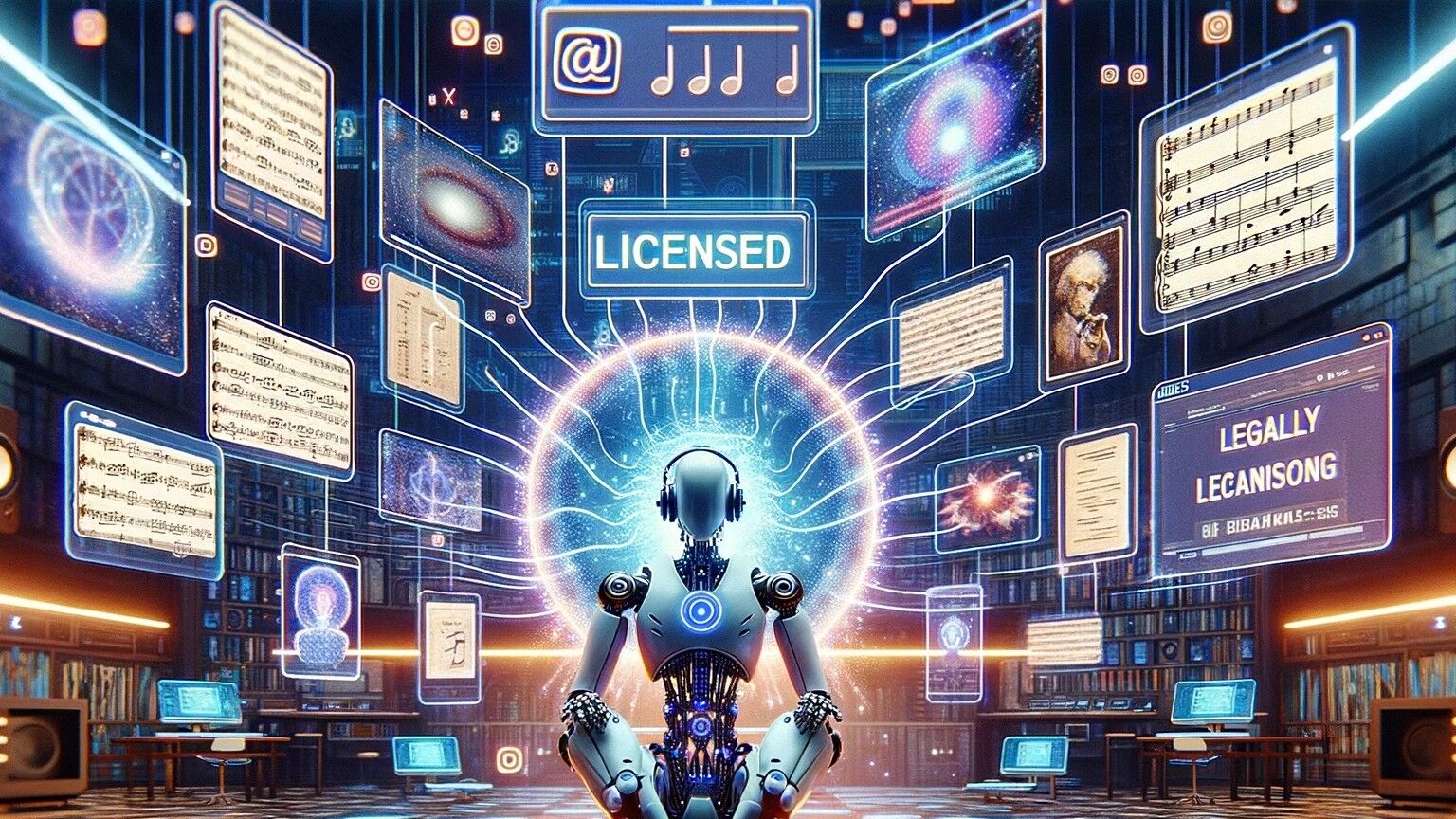Sony Music recently sent a letter to hundreds of AI companies demanding to know if they had used their music for training or scraping, and that this represented copyright infringement. While some AI developers are happy to embrace the current Wild West landscape of AI regulation, others have employed responsible best practices from the outset, often being met with resistance from investors and other third parties who insist they will be left behind. IBC365 speaks to one developer advocating the implementation of fair principles from the start.
The training of AI systems has sparked several ethical controversies, particularly concerning copyright, compensation, and fair use. AI models are often trained on vast datasets that include copyrighted material. There is controversy over whether using copyrighted content for training without explicit permission constitutes copyright infringement. Creators argue that their work is used without authorisation, potentially violating their rights.
AI companies and developers can monetise their models by offering AI services or selling generated content, potentially profiting from the uncompensated use of copyrighted material. The benefits of AI systems often do not...
You are not signed in
Only registered users can read the rest of this article.

Virtual thinking: Is education keeping pace with industry requirements?
Investments in university-led facilities and studio partnerships throughout the UK have seen virtual production, real-time engines and hybrid pipelines move from the margins into mainstream curricula. But is higher education matching the skills demand from the industry? Michael Burns reports.
Vertical dramas: Market disruptor or passing fancy?
As studios begin to embrace the potential of vertical micro-dramas, should their rise be dismissed as merely a fad or a profound shift in the production, consumption and gender-bias of global storytelling?

ISE 2026: Thriving on an integrated identity
A show that mixes a vast number of different business areas shouldn’t work, but it does because the underlying technology is finally integrated.

Winter Wonderland: All the tech at the Milano Cortina Olympics
Between first-person-view drones, expanded real-time 360° replays, and a massive virtualised production setup, Milano Cortina 2026 is set to be a major step forward in immersive, scalable, and sustainable Olympic broadcasting.

Creator. Experience. Streaming: The new economies of broadcast AV
As brands, corporates, and creators claim their stake in the content landscape, the boundaries between broadcast and professional AV are dissolving. No longer just a convergence, the broadcast AV landscape is now shaped by new economies of creation, experience, and streaming.





